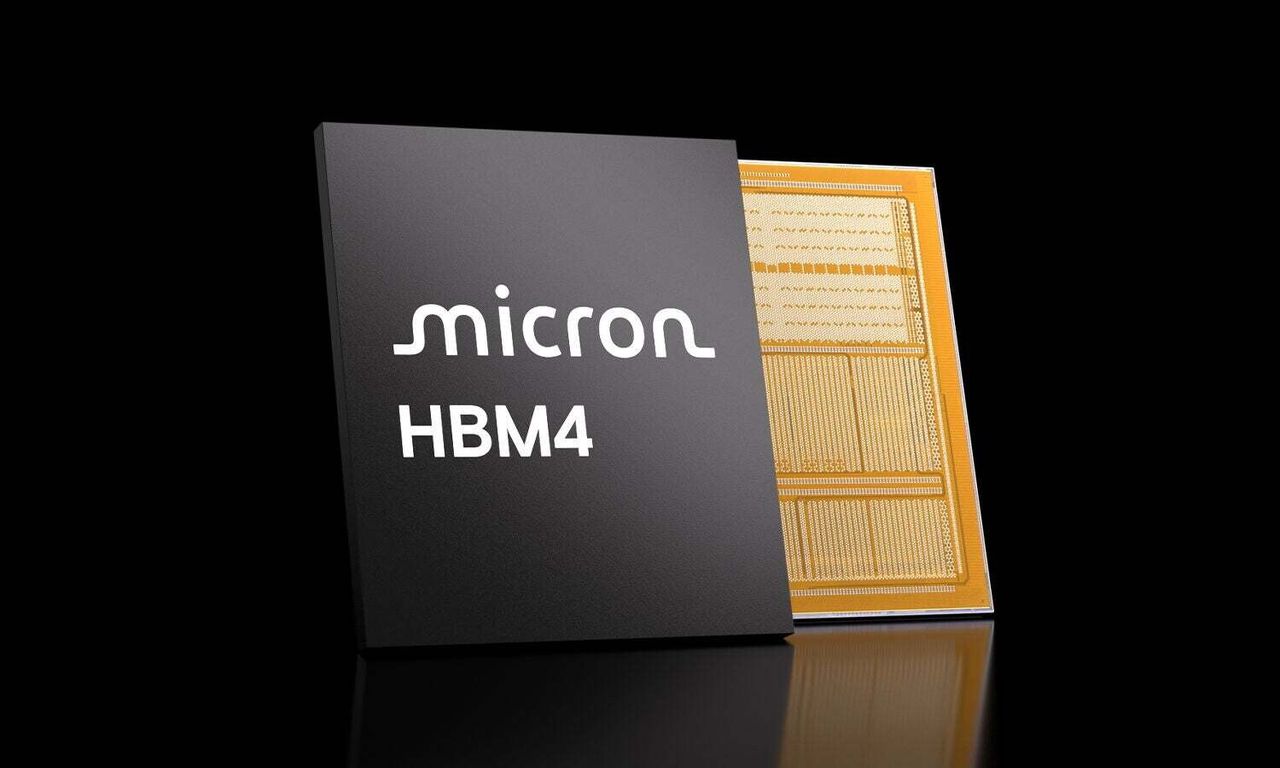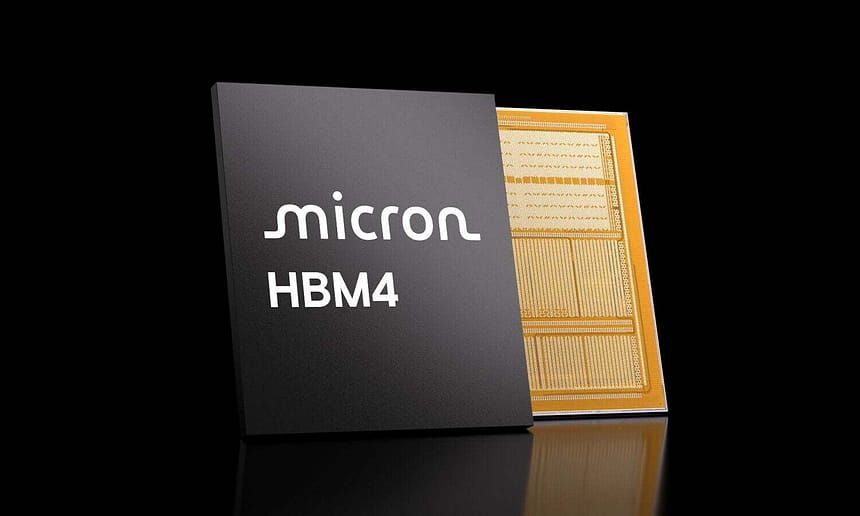
- Micron claims 2.8TB/s bandwidth for HBM4, surpassing JEDEC baseline and rivals
- Samples of next-gen memory shipped to customers, with HBM4E customization ahead
- Micron’s HBM revenue grows to $8 billion annualized run rate as AI demand rises
Micron has announced it has begun shipping samples of its next-generation HBM4 memory, claiming industry-leading performance and efficiency.
Speaking during the company’s recent Q4 2025 earnings call, Micron CEO Sanjay Mehrotra said the modules achieve more than 2.8TB/s of bandwidth and pin speeds above 11Gbps.
This places them well ahead of the official JEDEC HBM4 specification of 2TB/s and 8Gbps.
Industry-leading performance
“Micron’s HBM4 12-high remains on track to support customer platform ramps, even as the performance requirements for HBM4 bandwidth and pin speeds have increased,” Mehrotra told investors.
He added the company’s approach delivers “industry-leading performance as well as best-in-class power efficiency,” citing Micron’s 1-gamma DRAM, in-house CMOS base die, and packaging innovations as key differentiators.
Micron also confirmed plans for HBM4E, which will extend the base design with options for customer-specific customization of the logic die.
“For HBM4E, Micron will offer standard products as well as the option for customization of the base logic die,” Mehrotra said.
“Customization requires close collaboration with customers and we expect HBM4E with customized base logic die to deliver higher gross margins than standard HBM4E.”
Developed in collaboration with TSMC, the technology will allow major customers such as Nvidia and AMD to tailor accelerators with memory stacks optimized for lower latency and better packet routing.
This would mark the first time HBM is delivered with a custom base die, a shift that could change how accelerators are designed and differentiated.
Back in January 2025, the firm announced plans to take a bigger slice of the $100 billion HBM market and it is a fast-growing part of Micron’s business.
The company reported that high-bandwidth memory revenue reached nearly $2 billion in its latest quarter, an annualized rate of $8 billion.
With Samsung and SK Hynix also advancing HBM4 development, Micron is staking a claim to the lead, at least in terms of raw bandwidth.
Mehrotra concluded the earnings call by reiterating the company broader strategy: “Micron closed out a record-breaking fiscal year with exceptional Q4 performance, underscoring our leadership in technology, products, and operational execution,” he said.
Via TechPowerUp






